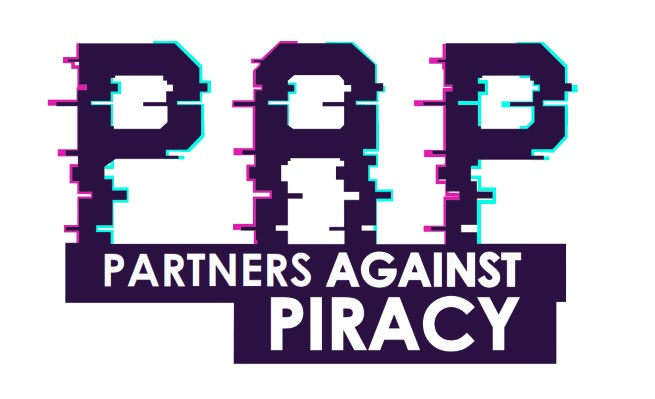AI's Role in Combating Content Piracy in Africa
Content piracy has long plagued Africa's creative industries, posing a significant threat to the livelihoods of artists, producers, and content creators. As technology evolves, so does the approach to combat this pervasive issue. Recently, artificial intelligence (AI) has emerged as a powerful ally in the fight against content piracy on the continent, promising not only to enhance the enforcement of copyright laws but also to protect the interests of those who contribute to Africa's vibrant creative economy.
The Challenge of Content Piracy
Piracy has long plagued Africa, impacting the entire production chain from writers to producers. Thandi Ramathesele, Managing Director of Izwimultimedia, emphasizes that piracy doesn't just hurt big broadcasters but endangers the very existence of independent creators and small production companies. In South Africa, the cultural and creative industries contribute approximately 3% to the country's GDP, equivalent to about R161 billion, highlighting the significant economic impact of this sector.
Despite the staggering revenue loss from piracy, many creators are not adequately informed about their rights or the legal mechanisms available to protect their work. The perception that creative work lacks seriousness—compared to traditional professions—further complicates the situation. This stigma can lead to insufficient support for initiatives aimed at protecting intellectual property rights.
Additionally, outdated legal frameworks make it challenging to prosecute offenders effectively, often resulting in minor penalties that do little to deter piracy
AI: A Game-Changer in the Fight Against Piracy
AI technologies are being employed to change the game in the battle against content piracy. Machine learning algorithms can detect and track pirated content across various platforms, offering a level of monitoring that human resources alone cannot match. For example, AI can analyze user behavior, identify piracy hotspots, and even predict where piracy is likely to occur.
One of the most effective applications of AI is forensic watermarking, which allows legitimate content to be invisibly marked. When pirated streams surface, they can trigger immediate notifications to rights holders, enabling quicker action. This real-time capability means that the time-consuming processes of traditional piracy investigations can now be streamlined and executed almost instantly.
Legal Framework and Partnerships
Despite technological advancements, the legal landscape in Africa still poses challenges. Outdated laws often hinder effective prosecution of pirates, and when action is taken, penalties are frequently insufficient to deter repeat offenses.
Recognizing this, there have been collaborative efforts such as the Partners Against Piracy (PAP) initiative, which works with local governments to strengthen copyright enforcement and share information.
Moreover, in March 2024, MultiChoice South Africa signed a Memorandum of Understanding with the Department of Justice and Correctional Services to bolster the fight against content piracy, marking a significant step in formalizing governmental support for creative industries.
The Path Forward
As AI continues to evolve, it presents a powerful tool for content creators in Africa to reclaim their rights and revenue. Educating creators about their rights and the importance of supporting original content is crucial for fostering a sustainable creative economy. The industry must shift the narrative to recognize that piracy is theft, not mere sharing, and collective action is necessary to combat it effectively.
The integration of AI into anti-piracy efforts, combined with robust legal frameworks and public awareness campaigns, holds the promise of revitalizing Africa's creative sectors and ensuring a fair return for the artists and creators who fuel them







